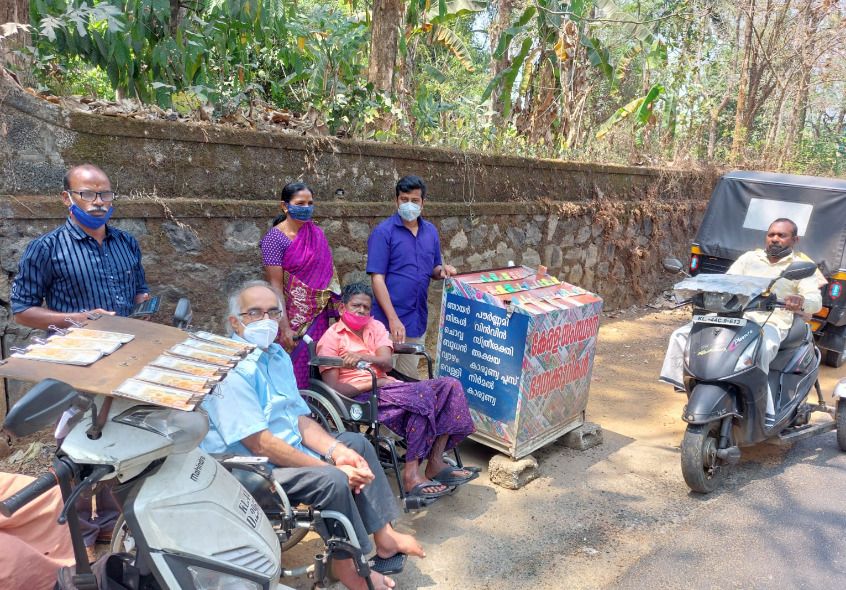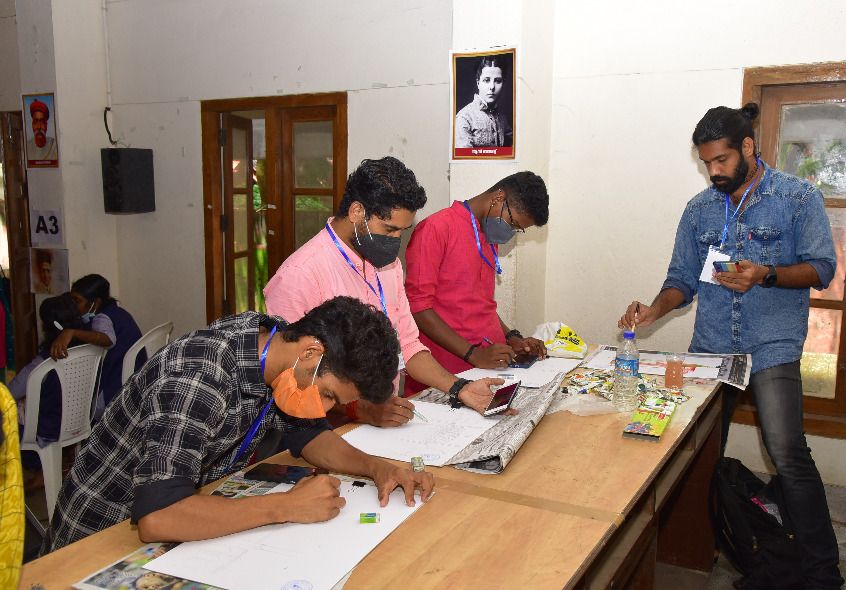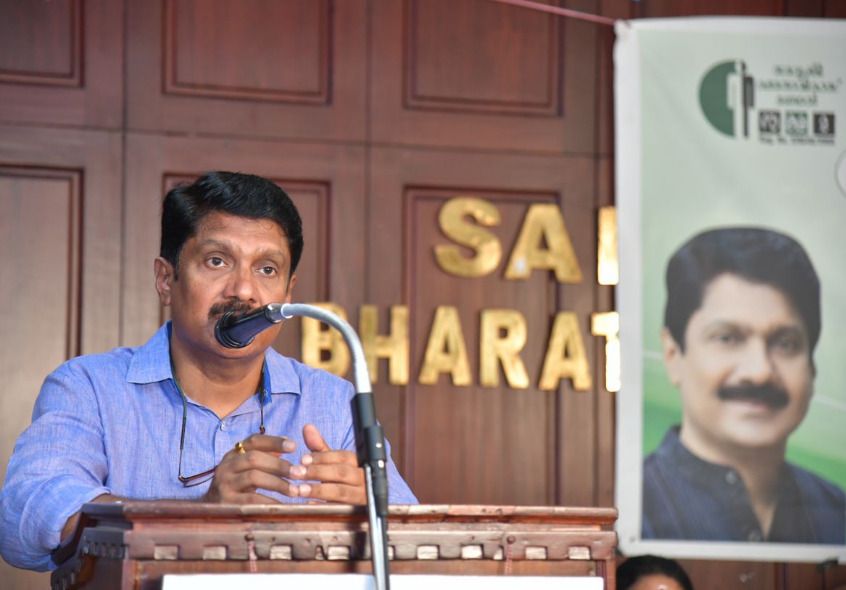
Economic Development
Disabled people are a large enough section of the human resources of any country. They can be converted from tax consumers to tax payers, from beneficiaries to benefactors, given the opportunity for self-development and provided with equal opportunities for education, vocational training and employment.
An analysis of the situation of disabled persons has to be carved out within the context of different levels of economic and social development and different cultures. Everywhere, however, the ultimate responsibility for remedying the conditions that lead to impairment and for dealing with the consequences of disability rests with Governments. This does not weaken the responsibility of society in general, or of individuals, or of organizations Governments should take the lead in awakening the consciousness of populations regarding the gains to be derived by individuals and society from the inclusion of disabled persons in every area of social, economic and political life. Governments must also ensure that people who are made dependent by severe disability have an opportunity to achieve a standard of living equal to that of their fellow citizens. Non-governmental organizations can, in different ways, assist Governments by formulating needs, suggesting suitable solutions and providing services complementary to those provided by Governments. Sharing of financial and material resources by all sections of the population, not omitting the rural areas of developing countries, could be of major significance to disabled persons by resulting in expanded community services and improved economic opportunities.




